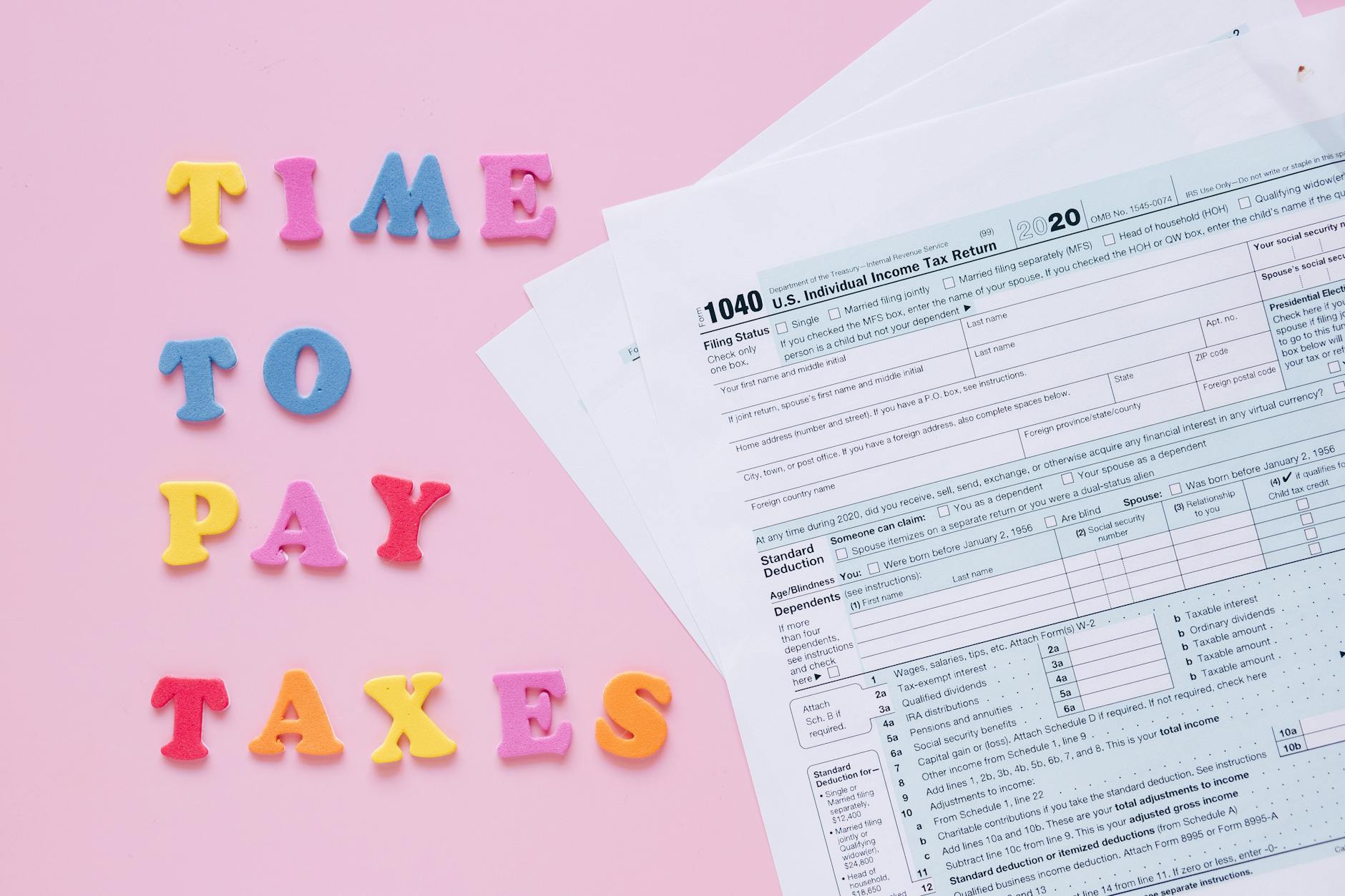The Oregon Attorney General's office is making a concerted effort to keep its securities lawsuit against Coinbase in state court-a move that underscores an ongoing tussle between state and federal jurisdictions over crypto regulation. The case revolves around Oregon's broader Pratt test for defining securities, a departure from the narrower federal Howey test. This legal distinction is at the heart of why Oregon believes its courts are the right venue for adjudicating this matter.
At the core of the dispute is the allegation that Coinbase facilitated the sale of cryptocurrencies as unregistered securities, according to Oregon's legal standards. The state has argued that due to the significant financial losses suffered by Oregonians-which may be too small to warrant individual lawsuits-keeping the case in state court is essential for efficient local resolution and is in the public interest. This litigation strategy not only highlights the patchwork nature of U.S. securities law but also raises questions about the efficiency of decentralized regulatory enforcements against a backdrop of a digital economy that inherently knows no borders.
Coinbase's motion to transfer the suit to federal court was labeled a strategic removal attempt by the Oregon AG, a stance reflecting broader concerns about potential jurisdictional arbitrage by large companies looking to leverage more favorable federal laws. However, this isn't merely a procedural skirmish. It underscores a larger battle for regulatory supremacy and consistent application of securities law across the U.S., as each state can interpret what constitutes an investment contract differently according to Decrypt.
With the SEC under the previous administration backing off from stringent enforcement, states like Oregon are stepping into the breach, asserting their rights to protect investors on their turf. This state-level assertiveness could lead to a fragmented regulatory environment, potentially complicating compliance for businesses operating across multiple states.
Additionally, Coinbase's argument against the lawsuit-which it has disparagingly called a 'Gensler-era SEC copycat suit'-suggests frustration with what it perceives as outdated or overly aggressive regulatory approaches. Such rhetoric indicates a deeper industry-wide tension over whether the future of crypto regulation should lean towards a more unified federal standard or continue to be characterized by a mosaic of state-level directives.
The potential ramifications of Oregon's lawsuit and its desired venue are significant. Should Oregon succeed in retaining the case at the state level, it could embolden other states to pursue similar actions, leading to a more disjointed regulatory landscape. This could complicate the operations of crypto businesses which would have to navigate not just a national framework but a checkerboard of state regulations. Applying Oregon's Pratt test could set a precedent that might either enhance consumer protections or stifle technological innovation, depending on one's perspective.
As this case unfolds, the crypto industry and regulatory bodies will be watching closely. The outcome could influence future state versus federal legal battles and shape the trajectory of U.S. crypto regulation for years to come. For businesses operating within the crypto space, understanding these dynamics is crucial, particularly for firms working on solutions like crypto on- and off-ramping that directly intersect with regulatory frameworks.



